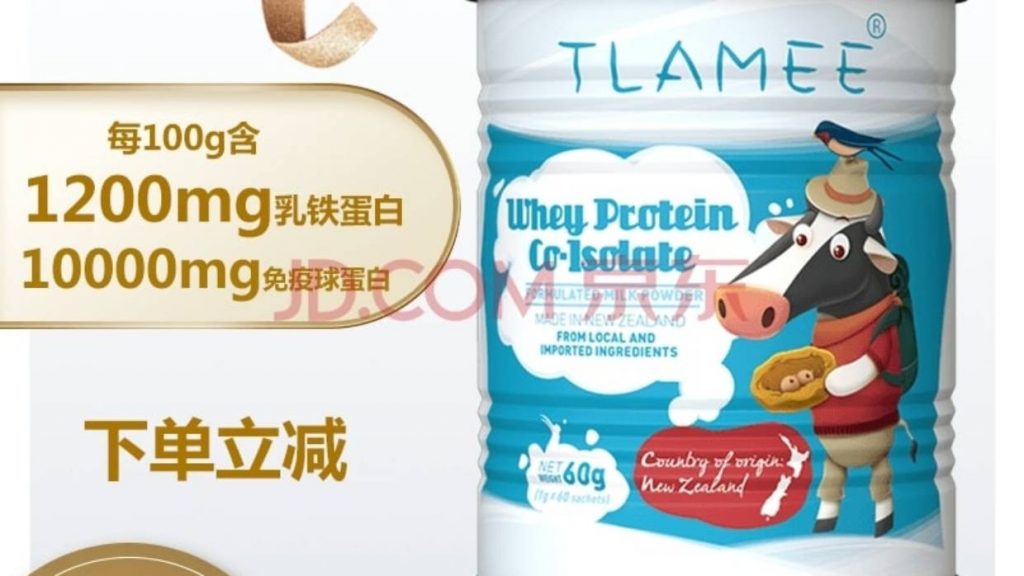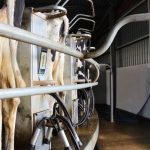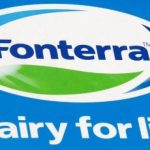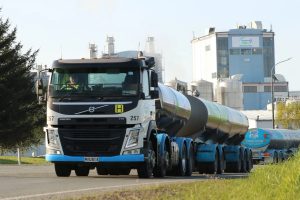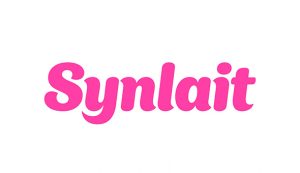
Jane Li, a dairy market consultant, said products made in New Zealand as general foods were being exported in that manner, but then packaged in China in a way that targeted infants and children, including feeding guides for children aged under one.
The standards for milk powder for infants are different to that for general consumption. Infant formula manufacture requires greater food safety monitoring and oversight. Milk powder for infant formula must also be suitable as a complete source of nutrition, while milk powder for general purposes is not required to be.
Li said Chinese authorities were already concerned about infant formula making children ill and it was a “ticking timebomb” for New Zealand.
“If this explodes it’s not good for New Zealand’s reputation. These are Chinese companies but New Zealand will pay the price.
“The relevant standards the products are manufactured and tested for is related to its category. Each product has the category printed on the packaging or label,” Li said.
“These products are exported under formulated milk powder or protein beverage drink category and have that printed on their labels.
“Foods for infants and young children are very specific – infant formula, follow-on formula, and processed cereals and baby food.
“If the products were made and tested to infant and young children standards, they would be required to have all the strict associated labelling requirements such as suitable ages, nutritional information panels etc. But these products do not have any of that either.”
Stuff has seen products on Chinese website JD.com marketed with cartoon characters, and New Zealand branding, including cartoon kiwis.
Lily Gao, spokeswoman For Unipharm Healthy Manufacturing, which makes Tlamee, said the product was distinguishable from food intended for babies and small children.
She said each sachet only had one gram of powder and each can only had 60 sachets. “It has a huge difference from the infant formula product in the market, which should be very easy to be differentiated.
“The direction for use on the label suggested to have one to two sachets per day. I believe there’s no chance to replace infant formula with this small amount. Also the format of nutrition information is very different from the infant formula product.”
Bodo Lang, head of marketing at the University of Auckland, said it could potentially create a scandal for New Zealand. “We’ve already had problems with milk powder before, this is milk powder for infants, a sacred thing in our lives that is meant to be very good for them.
“It could be damaging for New Zealand in the current environment where states are quite trigger-happy to impose sanctions on other countries’ products.”
The more obvious it was that the products were from New Zealand, the more potential damage there could be, he said.
A spokeswoman for Ministry for Primary Industries (MPI) said, when there was evidence exporters were not meeting requirements, action was taken.
“New Zealand businesses must ensure their products leaving our shores are true-to-label and safe. Once the dairy products arrive overseas, further processing may occur, but the final products or outcomes of the processing are subject to the laws and regulations of that country.
“Milk powders, like other dairy products, are subject to independent verification to assess compliance with New Zealand requirements, which includes safety, suitability and truth of labelling. The result of this verification is published by MPI. The Independent Verification Programme Summary Reports are located on our website. If a New Zealand exporter is made aware of any issues with an exported consignment that impacts its fitness for purpose or if it is refused entry, they are required to notify MPI.
“There are consequences for businesses that do not meet their export requirements, which can include prosecution … All countries that engage in international trade operate similar systems of controls, verification and assurances. “
She said, in the past five years, MPI had not prosecuted or issued any official warnings to businesses marketing general milk powder as infant formula.
New Zealand dairy giant Fonterra said it only had control of how its products were used when there was a direct supply relationship, not when products were purchased through Global Dairy Trade.
Victoria Landells, Fonterra’s general manager regulatory, said: “All our products have clear intended use criteria that we include in our product bulletin which customers can review when they purchase products from us.
“In addition all manufacturers of dairy products represented as suitable for under 3-year-olds must comply with specific NZ regulatory requirements.
“We don’t have a supply agreement with this company but with all our paediatric customers we have partnership relationships where we work closely with them to provide solutions that match their specific needs.”
